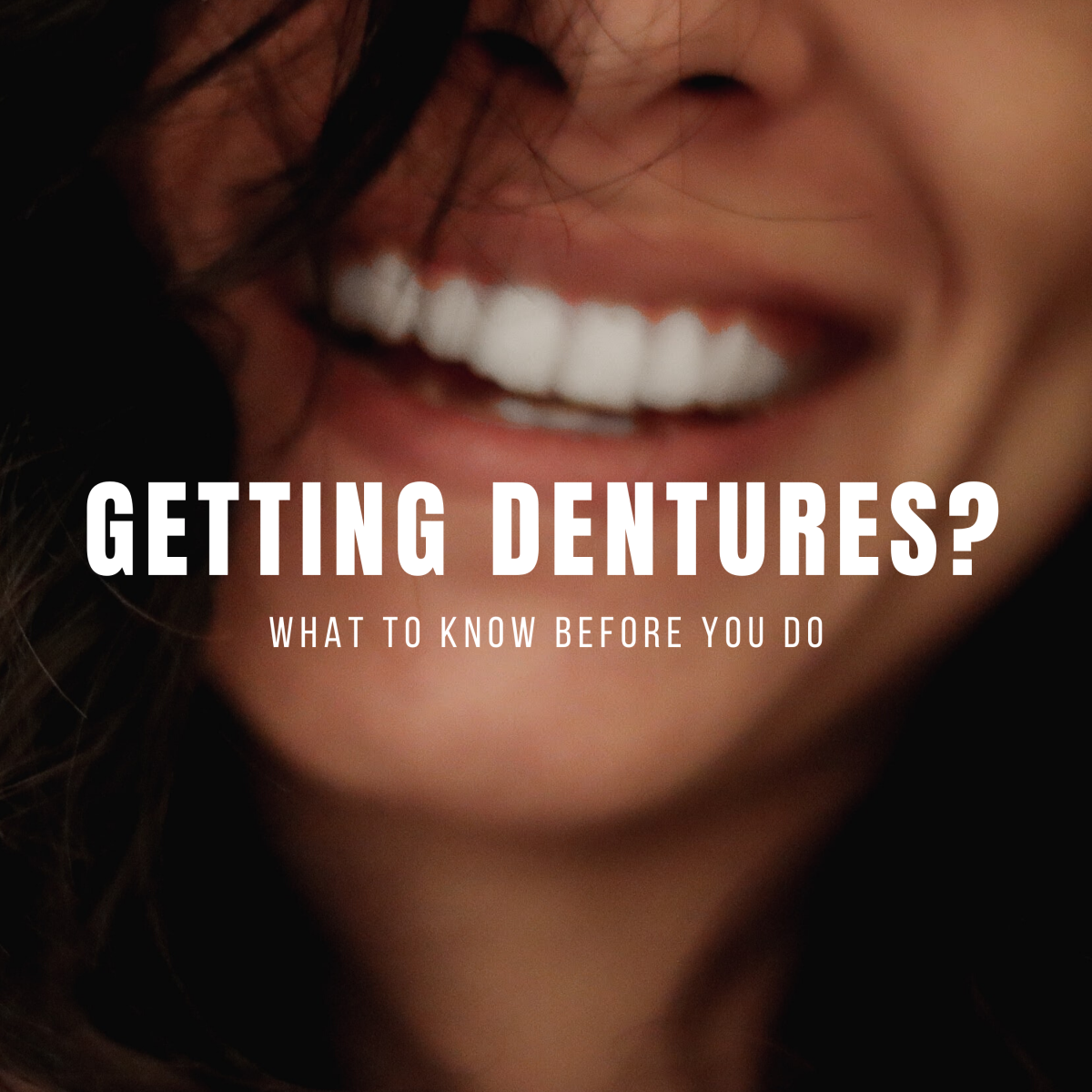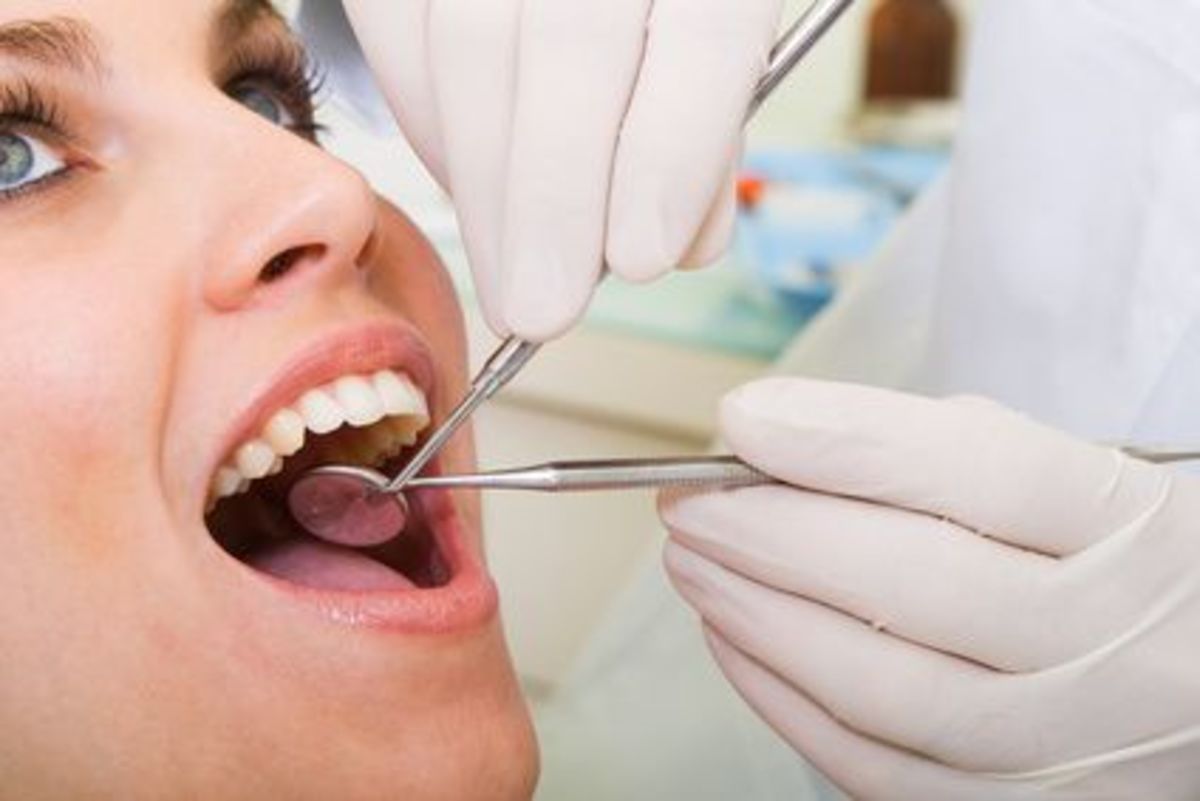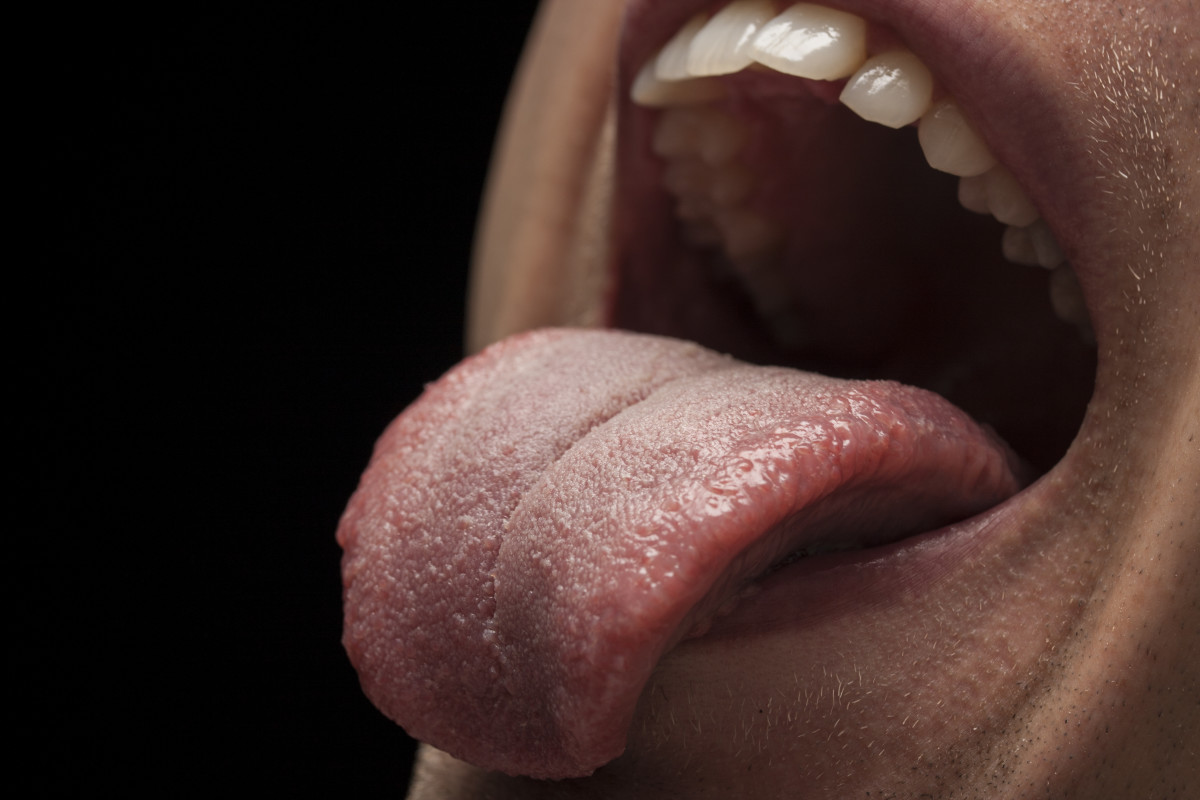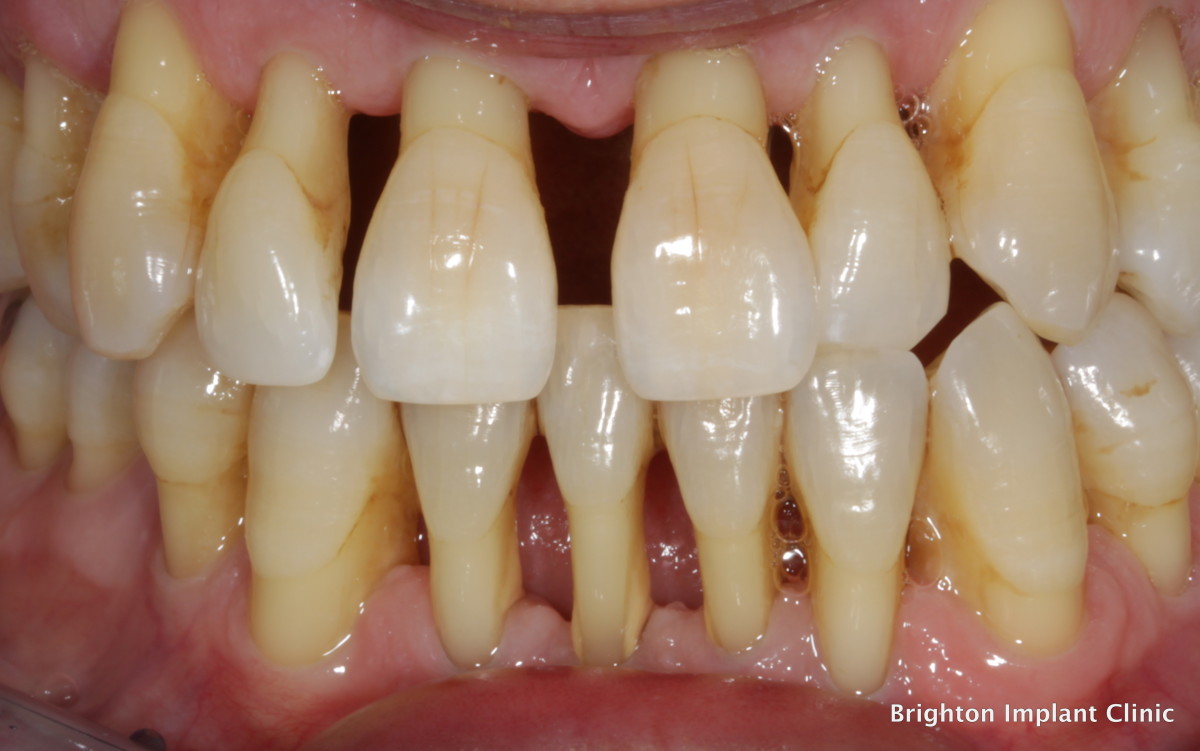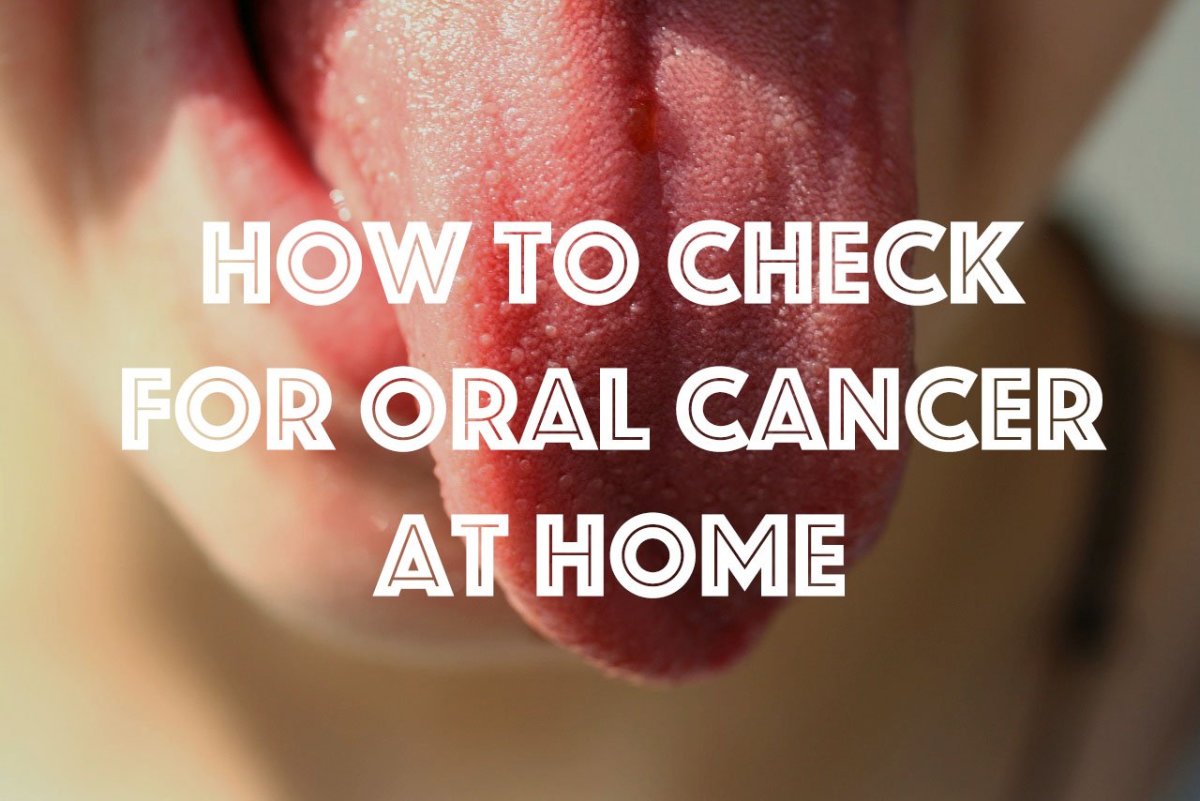How to Tell if You Need Braces
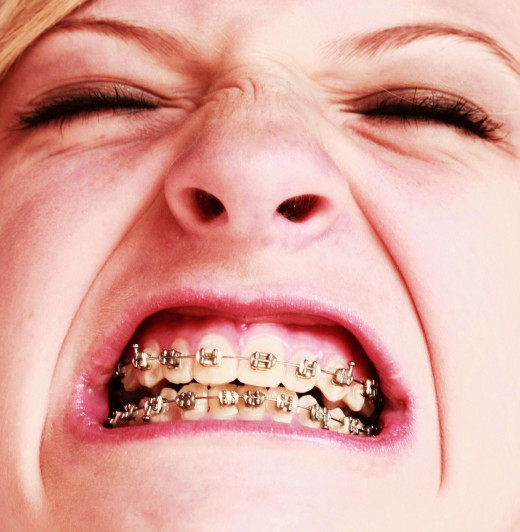
Do You Need Braces?
Getting braces can be an expensive and sometimes painful undertaking, which may lead you to think, "Do I even need braces? What's the benefit of putting myself through this?" Braces are a financial commitment, costing upwards of $3,000, and they are also a time commitment; the process may last anywhere from six months to four years. Even more importantly, they're a mental commitment: keeping up the dedication for monthly appointments, giving up favorite foods, and taking extra care of your teeth becomes increasingly difficult and frustrating as time ticks on. However, the benefits can be immense--increased self-confidence and improved oral health are the top two. So, how can you weigh the pros and cons of getting braces? Read on for how to tell if you need braces.
Do you smile with confidence?
Getting Braces to Improve Self-Confidence
Look in the mirror and smile at yourself. Do you like what you see? More particularly, do you like your smile? If you can't answer "yes" right away, answer these questions:
- Do you frequently cover your mouth when you laugh, or restrain your laughter altogether because you don't want to show your teeth?
- Do you smile with your teeth closed all the time, both for pictures and in social situations?
- Do you avoid speaking with strangers because you're self-conscious about your smile?
- Do you frequently see someone else's smile and envy it?
Answer "yes" to those questions probably indicates you're not confident about your smile--and if you're not confident with that, you're probably not confident with yourself. A smile is one of the first things people notice, and Americans especially put a lot of emphasis on perfect, gleaming teeth (compare Julia Roberts's straight-toothed smile with Keira Knightley's crooked eyeteeth; other countries just aren't as concered with perfection as we are).
While there is beauty in every smile and a unique gap or slightly twisted tooth can add character, it's human nature not to want to stand out. It's simple--for many people a perfect smile translates into feeling great about themselves.
If you can't accept your crooked smile and present yourself confidently to the world, that's okay--but it's one way to tell that you probably need to get braces. Straightening your teeth so that you smile fully, laughly loudly, and feel more open to approaching more people and situations can be a life-changer.
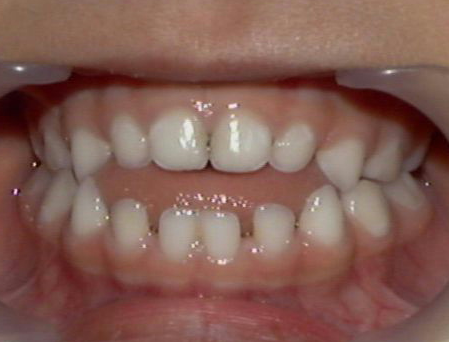
Getting Braces to Improve Oral Health
For some, a few crooked teeth or an adorably-placed gap may not inhibit confidence at all--however, crooked teeth or misaligned bites can cause oral health issues, including gingivitis, receding gums, and TMJ. So, even if you're happy with your smile, you may still need braces for your overall health.
Gingivitis. Gingivitis is the inflammation of your gums, and it is caused by plaque and tartar build-up on your teeth. If left untreated, gingivitis leads to periodontisis, which can result in tooth loss. Anyone can get gingivitis if they don't brush and floss properly, so even a person with the most perfect smile may have it. However, crooked teeth make it more likely that you won't be able to floss and brush properly, leaving plaque and tartar in those hard-to-reach spots. Straightening up your teeth with braces will make sure you can easily reach every surface of your tooth as well as the gumline, and proper brushing and flossing will prevent gingivitis.
Receding gums. Gums may recede slowly over time, leaving more of your tooth exposed--this can eventually lose to tooth and bone loss. While gums recede for many reasons, two of the main ones are improper brushing and flossing and a misaligned bite. Crooked teeth, as mentioned above, make it hard to brush and floss properly, leaving your mouth a breeding group for plaque and tartar. A misaligned bite--such as an overbite, underbite, or crossbite--can put uneven pressure on the tooth and gumline, causing an area of your gums to recede. Braces can fix both crooked teeth and a misaligned bite, lessening your chance of receding gums.
TMJ. You may not think it, and many of us take it for granted, but a properly aligned jaw and bite are integral to good health. If you have an open bite, overbite, underbite, or crossbite, your teeth aren't hitting in the right spots and are putting incorrect amounts of pressure on your jaw. This can cause teeth to wear unevenly, as well as earaches, headaches, and jaw pain (all part of TMJ (temporomandibular joint) pain). Braces can fix your misaligned bite and in many cases reduce or completely remove that joint pain.
Sleep Apnea. Sleep apnea can also sometimes be addressed with braces (often in combination with jaw surgery). When your bite is misaligned in a particular way, breathing in at night can cause the tongue to pull back against your throat, blocking your airway. When this happens, most frequently you jerk awake. However, sleep apnea can be life threatening, and cause heartaches, high blood pressure, and strokes, among other severe consequences. Repositioning the teeth and jaws can open the airway and make breathing easier--and your health better.

So, Do You Need Braces?
To recap, getting braces can improve your physical appearance, improve your self-confidence, and result in overall better oral health. Now that you know more about the emotional and physical benefits of getting braces, do you think you're a candidate? If you do think you need some tooth correction, then it's time to prepare for getting braces.
If you're still not sure, consider making an appointment with an orthodontist. They can give you the facts and figures about braces, and most orthodontists offer a free consultation--so you won't lose anything but an hour of your time. And you might gain a smile that brings you happiness for the rest of your life!


